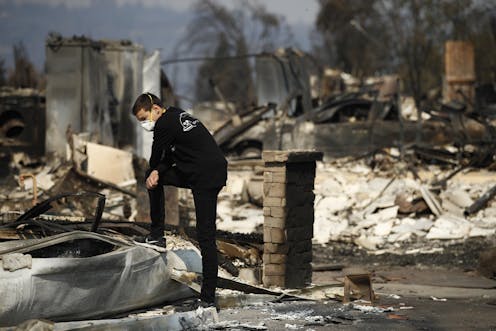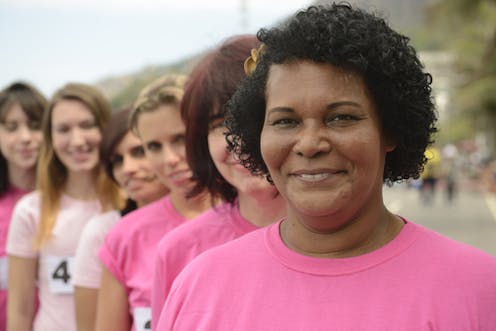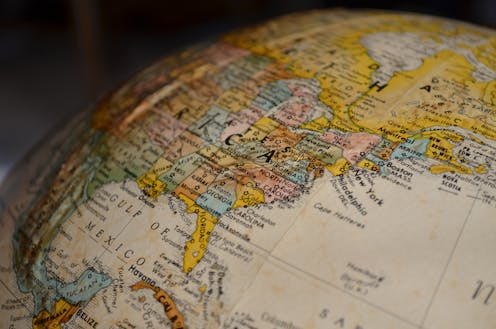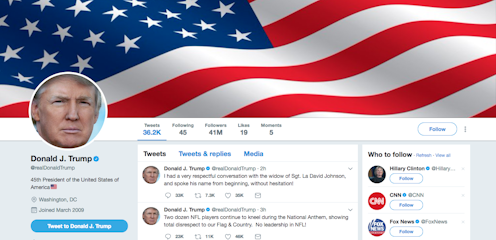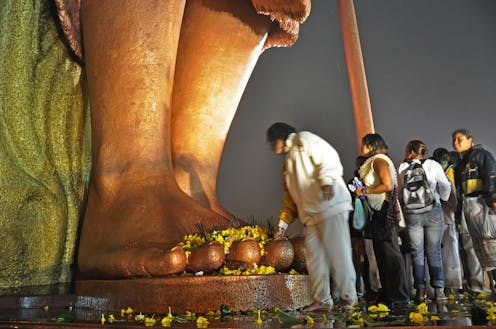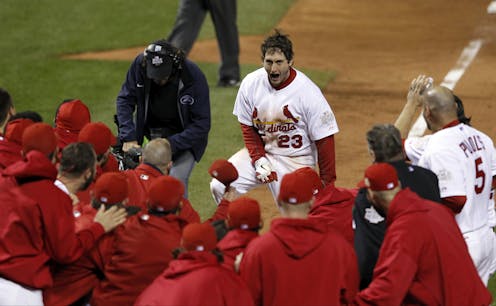How companies can learn to root out sexual harassment
- Written by Katina Sawyer, Assistant Professor of Psychology, Villanova University
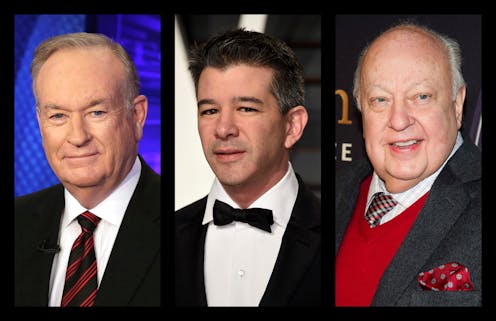 Sexual harassment scandals have altered and cut short many careers, including those of former Fox News host Bill O'Reilly (left), former Uber CEO Travis Kalanick (center) and late former Fox News CEO Roger Ailes.AP Photo
Sexual harassment scandals have altered and cut short many careers, including those of former Fox News host Bill O'Reilly (left), former Uber CEO Travis Kalanick (center) and late former Fox News CEO Roger Ailes.AP PhotoFox News renewed its contract with former host Bill O'Reilly earlier this year despite knowing that he had just settled an...
Read more: How companies can learn to root out sexual harassment


